 Instagram remains one of the most active social media platforms today. Millions of users scroll, watch, and interact every day. For brands, creators, and businesses, this activity creates real growth opportunities. The challenge is standing out in a crowded space. How to grow Instagram followers (source: 인스타그램 팔로워 늘리는 법) does not depend on luck. It depends on how well you use social media basics. This article explains clear and practical ways to grow Instagram followers through smart social media practices.
Instagram remains one of the most active social media platforms today. Millions of users scroll, watch, and interact every day. For brands, creators, and businesses, this activity creates real growth opportunities. The challenge is standing out in a crowded space. How to grow Instagram followers (source: 인스타그램 팔로워 늘리는 법) does not depend on luck. It depends on how well you use social media basics. This article explains clear and practical ways to grow Instagram followers through smart social media practices.
Building a Strong Foundation for Your Instagram Profile
Before posting content, your profile must be clear and complete. Your username should be easy to read and remember. Avoid numbers or symbols that confuse people. Your profile photo should match your brand or purpose. Faces work best, but logos are also fine if they are clear.
Your bio should explain what your account offers in one or two short lines. People decide to follow within seconds. Use simple words and avoid filler text. A clear value message makes a strong first impression.
Highlights help organize your content. Use them to showcase key topics, services, or themes. This helps visitors understand your account fast. Keep highlight covers simple and consistent.
A public account is necessary for growth. Private accounts limit reach. Make sure your settings allow sharing and discovery.
Creating Content That Encourages People to Follow
Instagram rewards content that keeps users engaged. This means your posts should be useful, interesting, or entertaining. Each post should serve one clear purpose. Avoid trying to do everything in one post.
Short videos perform better than static images. Reels reach users outside your follower list. Keep videos focused and easy to watch. The first three seconds matter most.
Consistency helps Instagram understand your account. Posting regularly builds momentum. You do not need to post every day. Three to five posts per week is enough if done consistently.
Captions should support the post, not overwhelm it. Use short sentences. Speak directly to the reader. Ask simple questions to encourage comments.
Hashtags help your content get discovered. Use hashtags that match your topic and audience. Avoid random tags. Focus on relevance instead of volume.
Stories keep your account active daily. They do not need to be perfect. Polls, questions, and short updates work well. Stories help maintain visibility without pressure.
Using Engagement and Insights to Drive Growth
Engagement is a two way effort. Posting alone is not enough. Spend time interacting with others in your niche. Like posts, leave thoughtful comments, and reply to messages.
Responding to comments quickly helps boost reach. Instagram notices active conversations. This can push your post to more users.
Analytics provide valuable direction. Instagram Insights shows what works and what does not. Check which posts get the most saves and shares. These signals matter more than likes.
Timing also affects growth. Posting when your audience is active increases engagement. Insights show peak activity times. Use this data to adjust your schedule.
Collaboration expands reach. Partnering with similar accounts introduces your content to new audiences. This can be done through shared posts or reels. Choose partners with aligned goals.
Avoid shortcuts like fake followers. These accounts do not engage. Low engagement reduces reach over time. Organic growth builds trust and long term value.
Growing Instagram followers takes patience. Results build over weeks, not days. Focus on consistency, clarity, and interaction. These habits create steady and lasting growth.






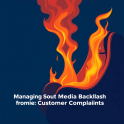 Social tracking is a way to monitor the emotions of your customers, like Hootsuite, Sprout Social, or Mention. When you discover issues in the beginning, you will be able to resolve them before they progress.
Social tracking is a way to monitor the emotions of your customers, like Hootsuite, Sprout Social, or Mention. When you discover issues in the beginning, you will be able to resolve them before they progress. Consider the effects of your social media use. Survival tips for the digital age:
Consider the effects of your social media use. Survival tips for the digital age: Take stock of your objectives before you go in. Would you want to cut back or take a full vacation? Removing apps or deactivating accounts is part of a complete detox. Establishing time limits or planning designated breaks from social media is a less extreme option.
Take stock of your objectives before you go in. Would you want to cut back or take a full vacation? Removing apps or deactivating accounts is part of a complete detox. Establishing time limits or planning designated breaks from social media is a less extreme option.




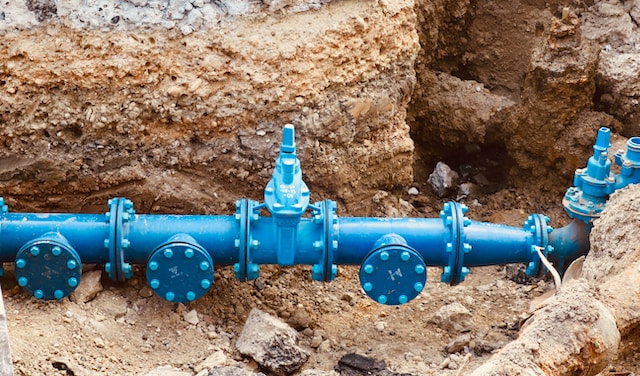









 Make sure to use secure passwords that are distinct for each social networking platform you use. Almost all platforms give customers the ability to send OTP to phone numbers or email addresses for step 2 verification.
Make sure to use secure passwords that are distinct for each social networking platform you use. Almost all platforms give customers the ability to send OTP to phone numbers or email addresses for step 2 verification.






 Social media has become one of the most powerful tools for small businesses, including tile cleaning services. What used to rely on word-of-mouth and local flyers has now expanded to Facebook, Instagram, and TikTok feeds. These platforms let tile cleaners reach homeowners, business owners, and property managers where they spend their time the most—online.
Social media has become one of the most powerful tools for small businesses, including tile cleaning services. What used to rely on word-of-mouth and local flyers has now expanded to Facebook, Instagram, and TikTok feeds. These platforms let tile cleaners reach homeowners, business owners, and property managers where they spend their time the most—online.

 Driving traffic to your social media pages doesn’t always require paid ads or viral content. One often-overlooked strategy is using site directories. These platforms—whether general business directories or niche listings—can help people discover your brand and follow you on social media. Done right, directory listings can give your social profiles steady, long-term visibility. One example is 주소모음, which serves as a hub for finding various directory resources. Here’s how to make the most of them.
Driving traffic to your social media pages doesn’t always require paid ads or viral content. One often-overlooked strategy is using site directories. These platforms—whether general business directories or niche listings—can help people discover your brand and follow you on social media. Done right, directory listings can give your social profiles steady, long-term visibility. One example is 주소모음, which serves as a hub for finding various directory resources. Here’s how to make the most of them.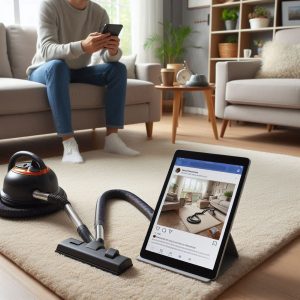 Carpets are a staple in many homes and offices. They add warmth, reduce noise, and improve the look of a room. But they also need regular cleaning and care. Surprisingly, social media can help in maintaining your carpeting. Platforms like Instagram, Facebook, and YouTube are now full of helpful content from experts, cleaning brands, and everyday users.
Carpets are a staple in many homes and offices. They add warmth, reduce noise, and improve the look of a room. But they also need regular cleaning and care. Surprisingly, social media can help in maintaining your carpeting. Platforms like Instagram, Facebook, and YouTube are now full of helpful content from experts, cleaning brands, and everyday users. Lion dance has long been a symbol of good luck, strength, and celebration in Chinese culture. Traditionally performed during Lunar New Year, weddings, business openings, and festivals, this LED lion dance has found new energy in the digital age. With the rise of social media platforms, lion dance groups are now reaching global audiences, attracting younger fans, and keeping the tradition alive in creative ways.
Lion dance has long been a symbol of good luck, strength, and celebration in Chinese culture. Traditionally performed during Lunar New Year, weddings, business openings, and festivals, this LED lion dance has found new energy in the digital age. With the rise of social media platforms, lion dance groups are now reaching global audiences, attracting younger fans, and keeping the tradition alive in creative ways.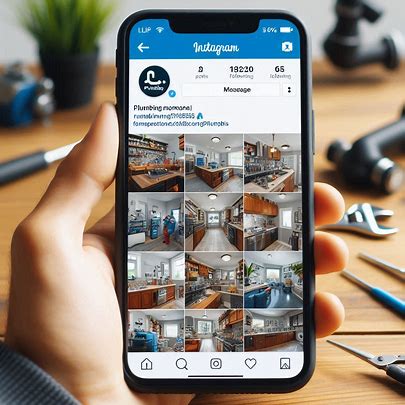 Most people don’t think about plumbing until something goes wrong. By then, they’re dealing with clogged drains, broken water heaters, or pipe bursts. Social media gives plumbing experts a chance to change that. Regular posts, videos, and live sessions can help prevent emergencies by teaching people what signs to look out for.
Most people don’t think about plumbing until something goes wrong. By then, they’re dealing with clogged drains, broken water heaters, or pipe bursts. Social media gives plumbing experts a chance to change that. Regular posts, videos, and live sessions can help prevent emergencies by teaching people what signs to look out for. Creating private family groups on messaging platforms offers several benefits. Not only does it ensure that your communication is safe and secure, but it also helps organize discussions around specific topics. For example, one group could focus on planning holidays, while another could be for casual check-ins or catching up on life events. The ability to instantly send messages, share videos, and organize group calls makes it easier than ever for family members to stay in the loop.
Creating private family groups on messaging platforms offers several benefits. Not only does it ensure that your communication is safe and secure, but it also helps organize discussions around specific topics. For example, one group could focus on planning holidays, while another could be for casual check-ins or catching up on life events. The ability to instantly send messages, share videos, and organize group calls makes it easier than ever for family members to stay in the loop.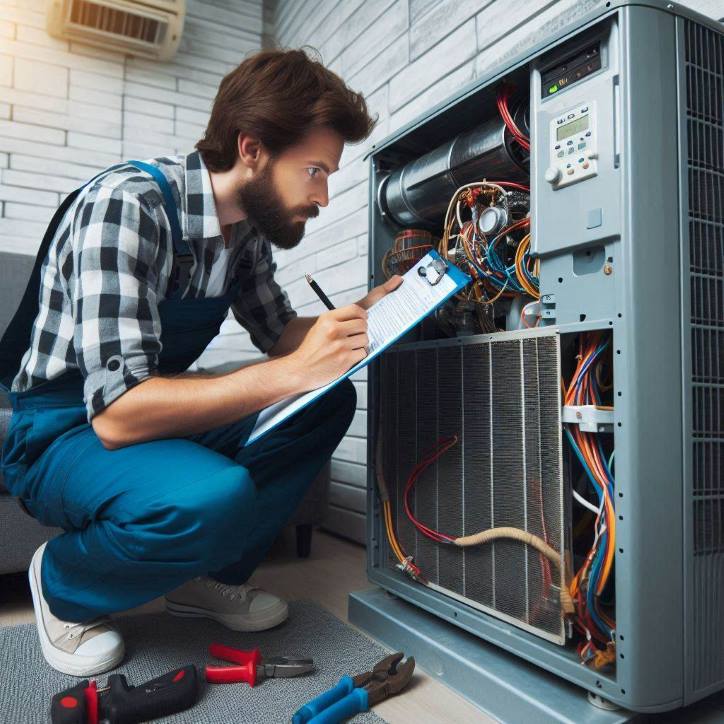



 In digital world, social media plays a significant role in how we experience sports. From live commentary to real-time updates, platforms like Twitter, Facebook, and Instagram have transformed how sports fans interact with their favorite teams, players, and events. The integration of social media and sports broadcast has opened new opportunities for fan engagement and provided broadcasters with fresh ways to connect with their audiences.
In digital world, social media plays a significant role in how we experience sports. From live commentary to real-time updates, platforms like Twitter, Facebook, and Instagram have transformed how sports fans interact with their favorite teams, players, and events. The integration of social media and sports broadcast has opened new opportunities for fan engagement and provided broadcasters with fresh ways to connect with their audiences.